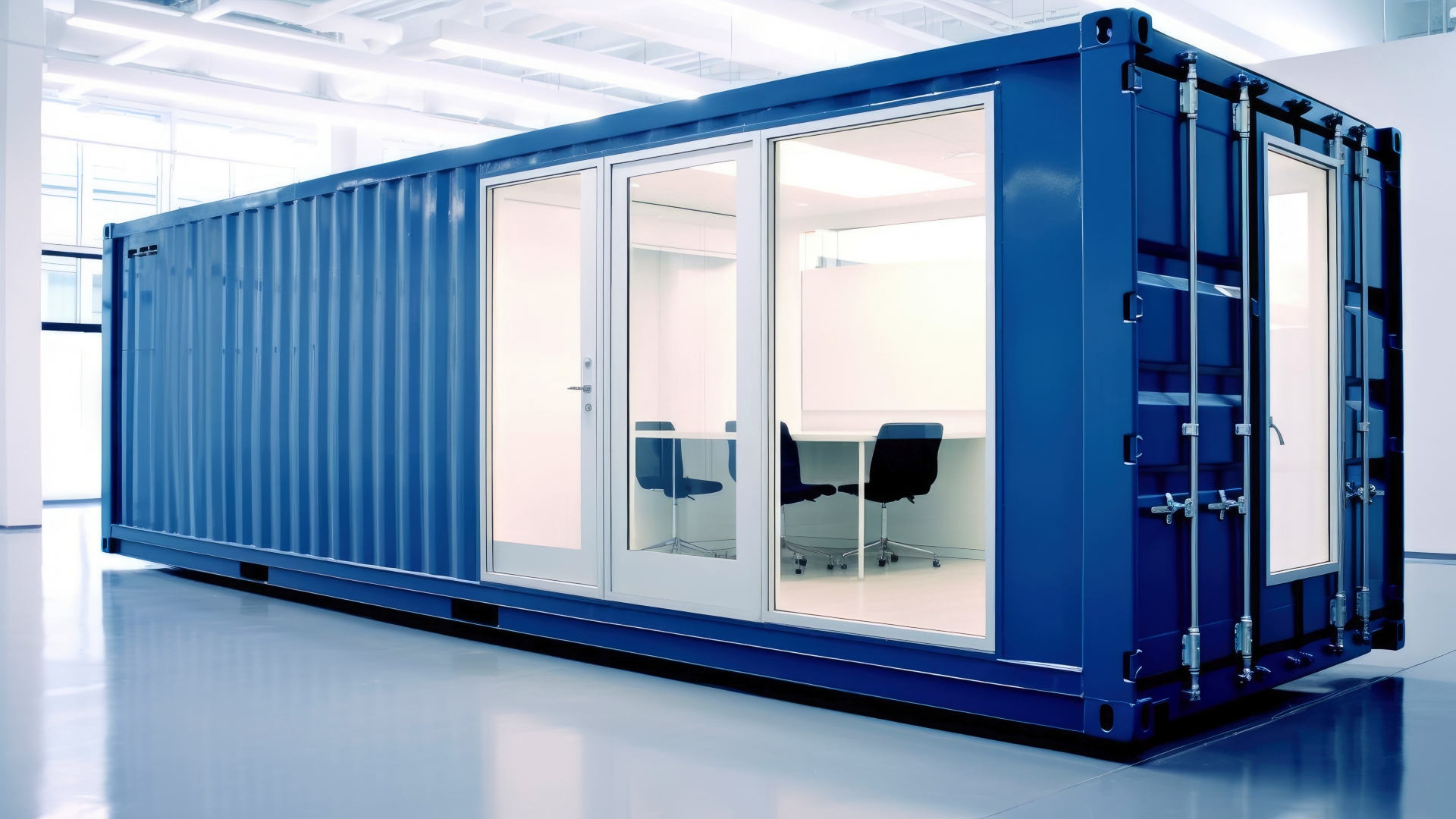Running a successful business entails a lot of responsibilities. They range from formulating a winning business model and identifying your target market audience to overseeing day-to-day business activities.
It’s best to keep in mind that in order for your company to reach its full potential, you need to select the best type of office workspace that you and your team can utilize. Choosing the right type of office for your start up business is an important decision. Your office space will affect your company’s prevailing work culture, work productivity, and so on.
If you own a start up business and are looking for the best office type for your team, here are the different types of offices available, along with their pros and cons. Keep on reading to learn more.
1. Traditional Offices
A traditional office is a physical space that’s leased or owned by a start up.
- Pros Of Traditional Offices
- Traditional offices are customizable to meet the specific needs of your business;
- They provide a professional image for your company; and
- They can help to build employee morale and camaraderie.
- Cons Of Traditional Offices
- Traditional offices can be expensive to lease or purchase;
- They’re time-consuming to set up and maintain; and
- They may not be necessary for all business types.
2. Shipping Container Offices
A shipping container office is a converted shipping container that’s used as an office space. Shipping container offices are a unique option for fledging start ups like yours.
- Pros Of Container Offices
- They’re affordable;
- They’re portable;
- They’re sustainable; and others.
- Cons Of Container Offices
- Container offices may not be as spacious as a traditional office;
- They may require some customization;
- They may not be suitable for all climates; and the like.
3. Co Working Spaces
A coworking space is a shared office space that’s rented by individual professionals or businesses like start ups.
- Pros Of Coworking Spaces
- Coworking spaces are affordable;
- Most offer flexible lease terms;
- Your team has access to a community of other entrepreneurs and professionals; and others.
- Cons Of Coworking Spaces
- Coworking spaces may not be as customizable compared to traditional offices;
- Coworking space areas can be noisy and distracting;
- They may not have all of the amenities that your business needs; and the like.
4. Virtual Offices
A virtual office provides a business address and other services without a physical office space.
- Pros Of Virtual Offices
- Virtual offices are affordable;
- They’re flexible;
- They provide a professional image for your company; and others.
- Cons Of Virtual Offices
- Virtual offices don’t provide a dedicated physical office space;
- May not be suitable for all businesses; and the like.
5. Home Offices
A home office is a dedicated workspace in your home. Home offices can be a good option for start ups that are on a tight budget or that need a flexible work schedule.
- Pros Of Home Offices
- They’re cheap and easy to set up;
- They’re flexible;
- They’re convenient; and the like.
- Cons Of Home Offices
- It may be difficult for you and your teams to separate work life from personal life;
- Home offices may not be professional enough for some clients;
- They may not have all of the amenities that your business needs; and many more.
Which Type Of Office Space Is Right For Your Start Up Business
There are many considerations you need to look into when selecting the best office space type for your start up. Consider the following factors and try answering the included queries when making your decision:
- Size: How much space do you need for your team and equipment?;
- Budget: How much can you afford to spend on rent or lease payments?;
- Location: Where do you want your office to be located?;
- Amenities: What amenities are important to you, such as a conference room, kitchen, or break room?;
- Culture: What kind of work environment do you want to create for your team?; and the like.
Here are some additional tips for choosing the right type of office for your start up business:
- You don’t need to lease a large office space right away. Start with a small space that you can grow into as your business needs change.
- Consider flexible lease terms that’ll allow you to easily expand or downsize your office space as needed.
- Choose a convenient location. Consider your employees’ commutes and your clients’ travel when choosing an office space location.
- Don’t neglect the amenities. Make sure to choose an office space that has the amenities that are important to you and your team to maximize productivity.
In Conclusion
Choosing the right type of office for your start up business is an important decision. Consider your individual needs and budget when making your decision. Start small, be flexible, choose a convenient location, and don’t neglect the amenities.
No matter what type of office you choose, make sure that it’s a space where you and your team can thrive and reach greater heights.






















